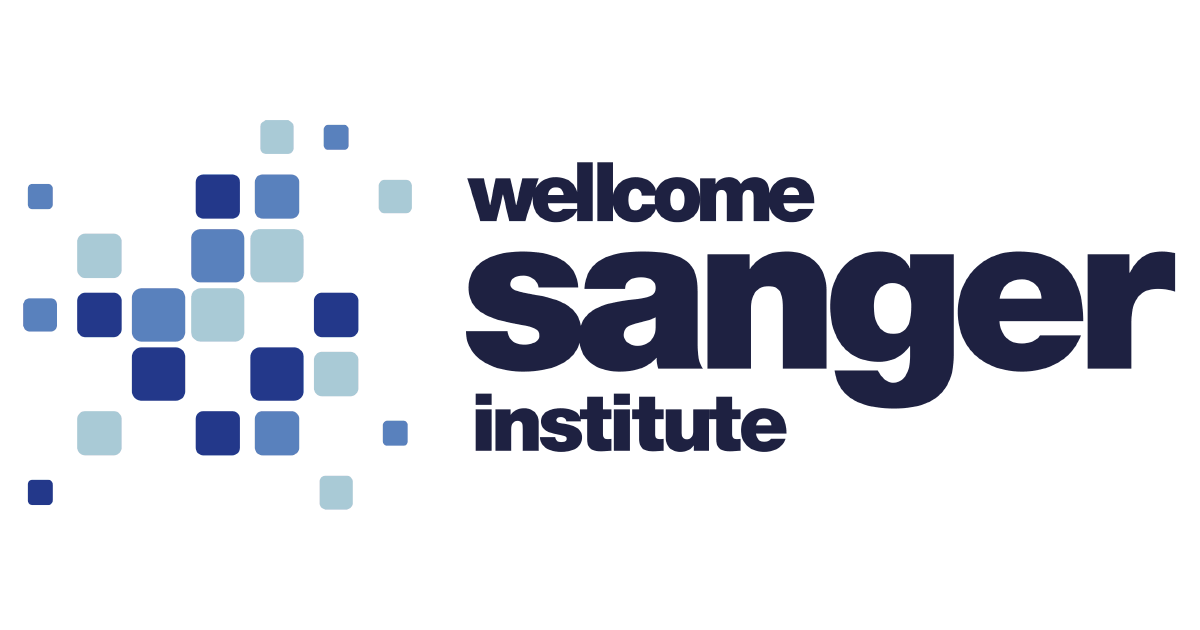Hi there,
Has anyone used CLC Bio (or can it be used) to annotate complete genomes or large contigs obtained from either de novo assembly or mapping to a reference genome? I'm talking about gene prediction, TFBS finding, GO annotation etc.
Thanks!
Has anyone used CLC Bio (or can it be used) to annotate complete genomes or large contigs obtained from either de novo assembly or mapping to a reference genome? I'm talking about gene prediction, TFBS finding, GO annotation etc.
Thanks!

 That's just the thing. Haven't bought it yet. Still trying to determine what percentage of our work could be done on it. Have the trial version. The vendor has been helpful, but not really answering my question so far. That's why I've gone to the community in the meanwhile. Will poke the vendor again today.
That's just the thing. Haven't bought it yet. Still trying to determine what percentage of our work could be done on it. Have the trial version. The vendor has been helpful, but not really answering my question so far. That's why I've gone to the community in the meanwhile. Will poke the vendor again today.

Comment